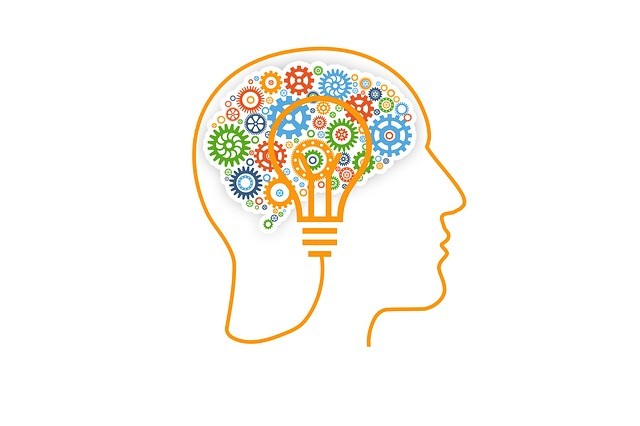
This course is a distance learning course and so can be completed around your own schedule and in the comfort of your own home.
Enjoy learning the core ideas, methods and principles of the exciting science that is Neuro-Linguistic Programming. This life-transforming training will take your NLP to certified Practitioner level as we guide you through the essential NLP principles and practices. If you are a person interested in helping others, and yourself, then this course is for you! This course is perfect for beginners in the field of NLP, existing NLP practitioners who want to revise their knowledge, students who want an NLP Practitioner qualification but cannot get to an attendance-based course and anyone who is passionate about achieving positive change.
NLP was developed by modelling excellent communicators and therapists who got results with their clients. NLP is not just a set of tools and techniques, it is an attitude and a methodology of knowing how to achieve your goals and get results. And how to enable a client to do this also. In other words, NLP is about being honest with ourselves and identifying what it is that we want, identifying the ingredients for success and documenting that system and applying those to improve how we interact with the world. By altering the core of our linguistic system (the unconscious), we can promote real change and actually get where we want to go. We can also share this understanding with others to help them achieve their own goals and live the life that they want. NLP is so generic and broad that actually it can be used in so many situations. There is not really a definitive list or a right/wrong time to use it. NLP within itself is not actually a ‘thing’. It is more a body of ideas and principles that have been based upon research, knowledge and an evolving science that is building itself upon previous knowledge.
This course will enable you to have a full understanding of what NLP is and how we can use it in our everyday lives to become more effective communicators and to achieve our goals successfully. You will also be able to help others to do this!
By the end of this NLP Practitioner Training course, students will:
- Know that NLP stands for Neuro-Linguistic Programming
- Know that there are many techniques, strategies and models that we can use in NLP for self or client improvement
- Know that NLP has a long history and has been researched for many years
- Know the NLP presuppositions and how these form the basic beliefs and attitudes that effective practitioners live by
- Know that we all live in the present state but we can more into the desired state if we want to
- Know that everyone has a different perception of reality
- Know that in NLP the senses through which we experience the world are called representational systems
- Know that NLP teaches us that people make movements with their eyes and these are called ‘Eye Assessing Cues’
- Know that we can use Eye Assessing Cues to communicate and build rapport
- Know that in NLP we discuss 4 levels of communication and this helps to ensure that our communications are grounded in fact
- Know that we can use positive and enriched language to influence ourselves and others
- Know how we can use positive and enriched language to influence ourselves and others
- Know that we can use body language to influence ourselves and others
- Know how we can use body language to influence ourselves and others
- Know that NLP uses a ‘clean’ style of questioning that is present, open and naïve
- Know the blocks to active listening and how we can overcome these
- Know that by building rapport we can communicate more effectively and we are more likely to achieve our outcomes
- Know that there are many ways we can build rapport
- Know that well-formed outcomes are goals that one wishes to achieve that have been taken through a process of envisaging certain conditions, so that the outcome will be more successful
- Know that Anchoring is a technique that we can use in NLP to understand and manage our thought processes and therefore our outcomes.
- And much more!
Throughout the course you will be encouraged to explore your own values, beliefs, strengths, thought processes and patterns. You will be challenged to look at your own perceptions and think about why you have them, and how you can communicate more effectively when you understand that everyone’s perceptions differ – we all live in a different version of reality. Does reality actually exist?
Once you have completed the assignment, you will be awarded with an accredited certificate. You will be able to go onto the online platform and view or download your course certificate. You may choose to print it out or keep it safe electronically. If you would like to print out your certificate, you will need to select download first and then print from there.
‘Once you become consciously aware of just how powerful your thoughts are, you will realise everything in your life is exactly how YOU allow it to be’. Bruce Lipton
For more information on this course, or to book, please visit:
https://book.gatewayworkshops.co.uk/collections/online-courses
